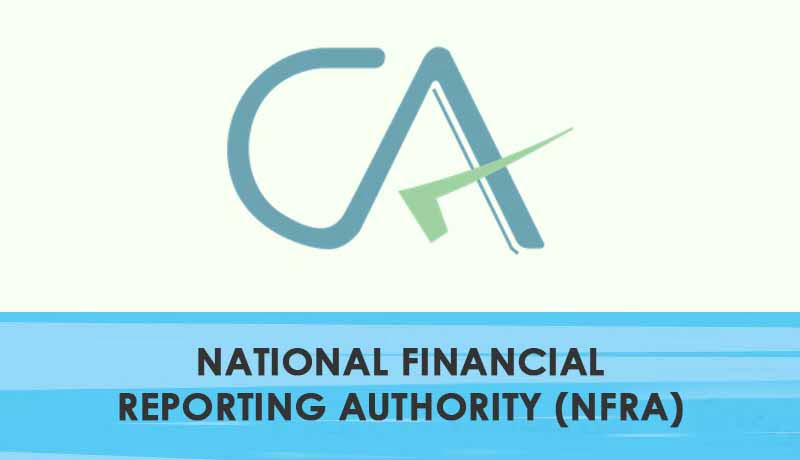Why Govt delays NFRA Rollout..?

The most debated, National Financial Reporting Authority ( NFRA ), a new regulator for the Chartered Accountants is not yet implemented. According to sources, the Government is not so keen to implement the authority in hurry burry due to various reasons.
Sources said that as a petition has been admitted by the Madras High Court challenging the vires of the new regulator, the PMO has instructed the MCA to keep the matter of notifying draft regulation in abeyance.
In July, A Chennai-based Chartered Accountant, V. Venkata Siva Kumar has approached the Madras High Court challenging the vires of the constitution of the NFRA stating that Sec. 132 of the Companies Act, 2013 is unconstitutional, void and inoperative.
According to the petitioner, the creation of NFRA as the super-regulator which is in the embryo stage at present, destabilizes the present regulator, i.e., Institute of Chartered Accountants of India (ICAI) from carrying out its core functions, proposed to be run by a senior bureaucrat without any practical knowledge in ever-expanding highly complicated business environment on account of rapid technological changes due to globalization will result in total disaster defeating and frustrating the very objectives of creating this super-regulator.
In March, the Union Cabinet had approved the National Financial Regulatory Authority and clarified that the provision will initially apply to all listed companies and unlisted large companies.
For others, the existing disciplinary mechanism under the Institute of Chartered Accountants of India (ICAI) will continue. Amended rules in this regard will notify later, Jaitley said in March.
Accordingly, the rules relating to the appointment of chairperson and members of National Financial Reporting Authority (NFRA) were notified with effect from 21.03.2018. however, the date of implementation of the NFRA is yet to be notified.
However, in the present scenario, it seems that the Government is in no mood to launch NFRA soon.
The Companies Act, 2013 provided for the implementation of NFRA. The Statement of Objects of the Companies Bill, 2011, provided that a National Advisory Committee on Accounting Standards (NACAS) is proposed to be renamed as NFRA with “a mandate to ensure monitoring and compliance of accounting and auditing standards and to oversee the quality of service of professionals associated with compliance.”
Further, there have been news reports that draft rules sent to ICAI for its comments seek to give almost all the powers exercised by ICAI to NFRA, which is not in accordance with the assurance given to ICAI by standing committees that considered the Companies Bill, 2011. The background for the creation of NFRA, as suggested to ICAI, was to replace NACAS, oversee monitoring and compliance of accounting and auditing standards, and oversee the quality of service of professionals associated with such compliance.
According to a report in Financial Express, if these reports are correct, then instead of an oversight body as originally envisaged, NFRA might become another authority for the formulation of accounting and auditing standards.
“This goes against the basic principle that the ministry of corporate affairs (MCA) cited when NACAS was formed. It would be worthwhile to recall that the Parliamentary Standing Committee has mentioned that multiple structures shall not be established and if at all they are, the interest of ICAI shall be taken care of. MCA has stated NFRA shall follow up procedures that shall be fair to all concerned stakeholders. The members at large have expressed apprehension that, in the disguise of NFRA, the government intends taking control over ICAI, leaving it only with the registration of students and conduct of examinations. They have also expressed a fear that, in the long run, even exams and registration of students would be made a part of the Union Public Service Commission, thus nullifying the objective of the setting up of ICAI,” the report said.


